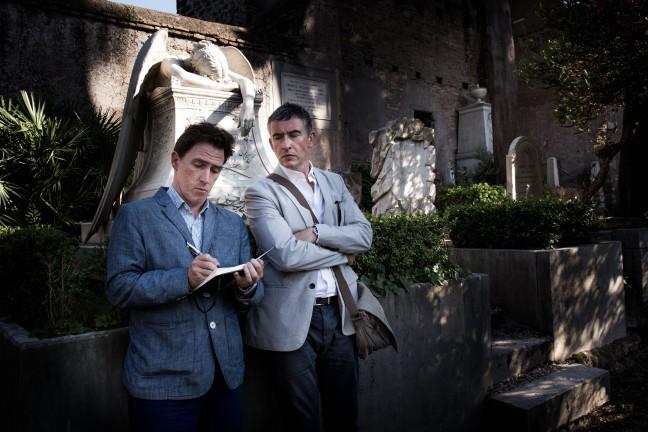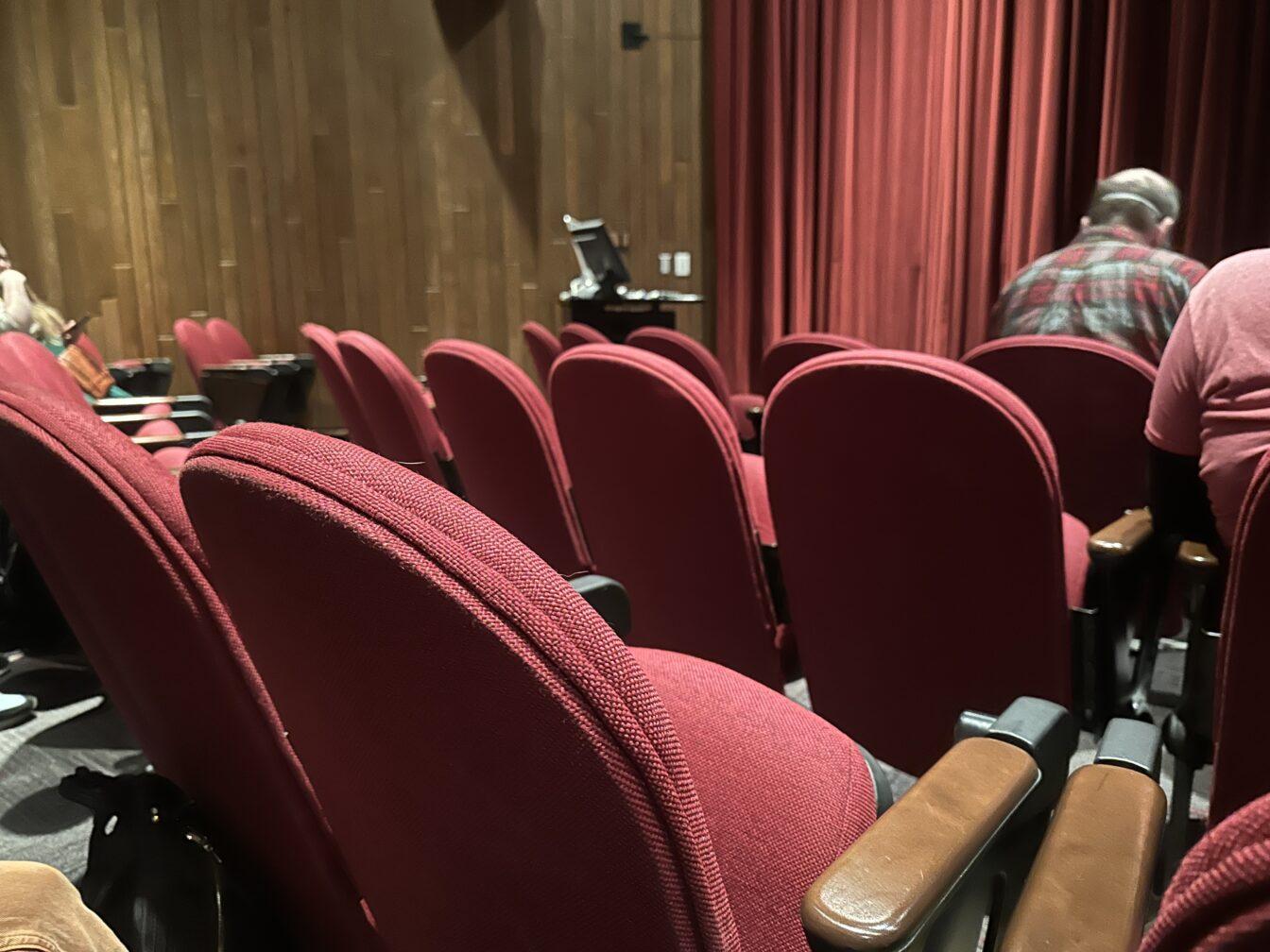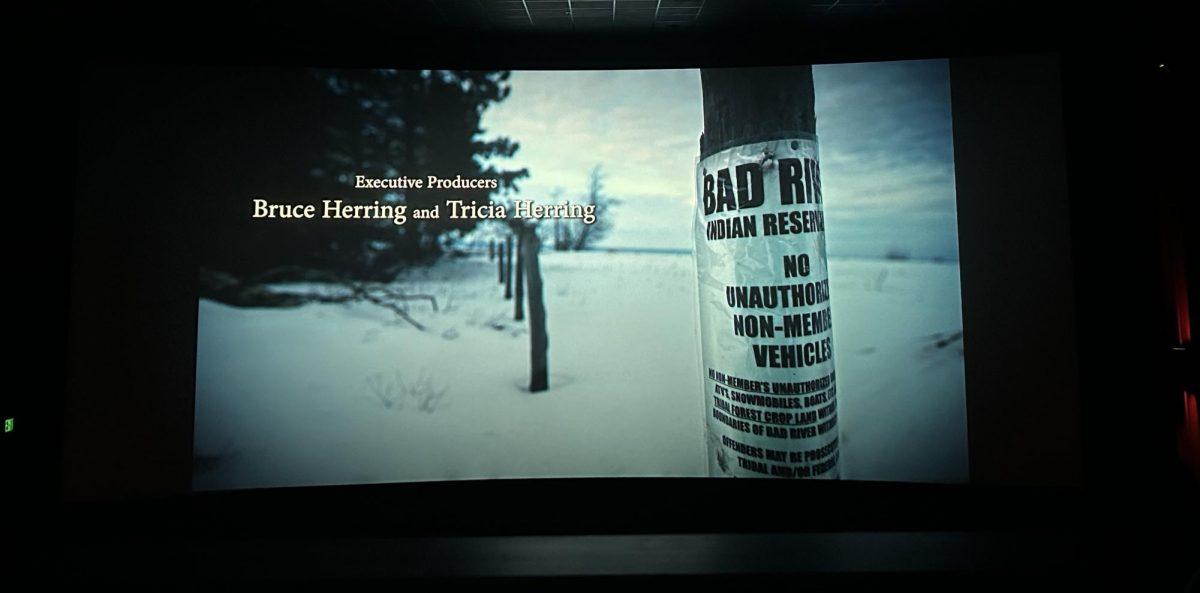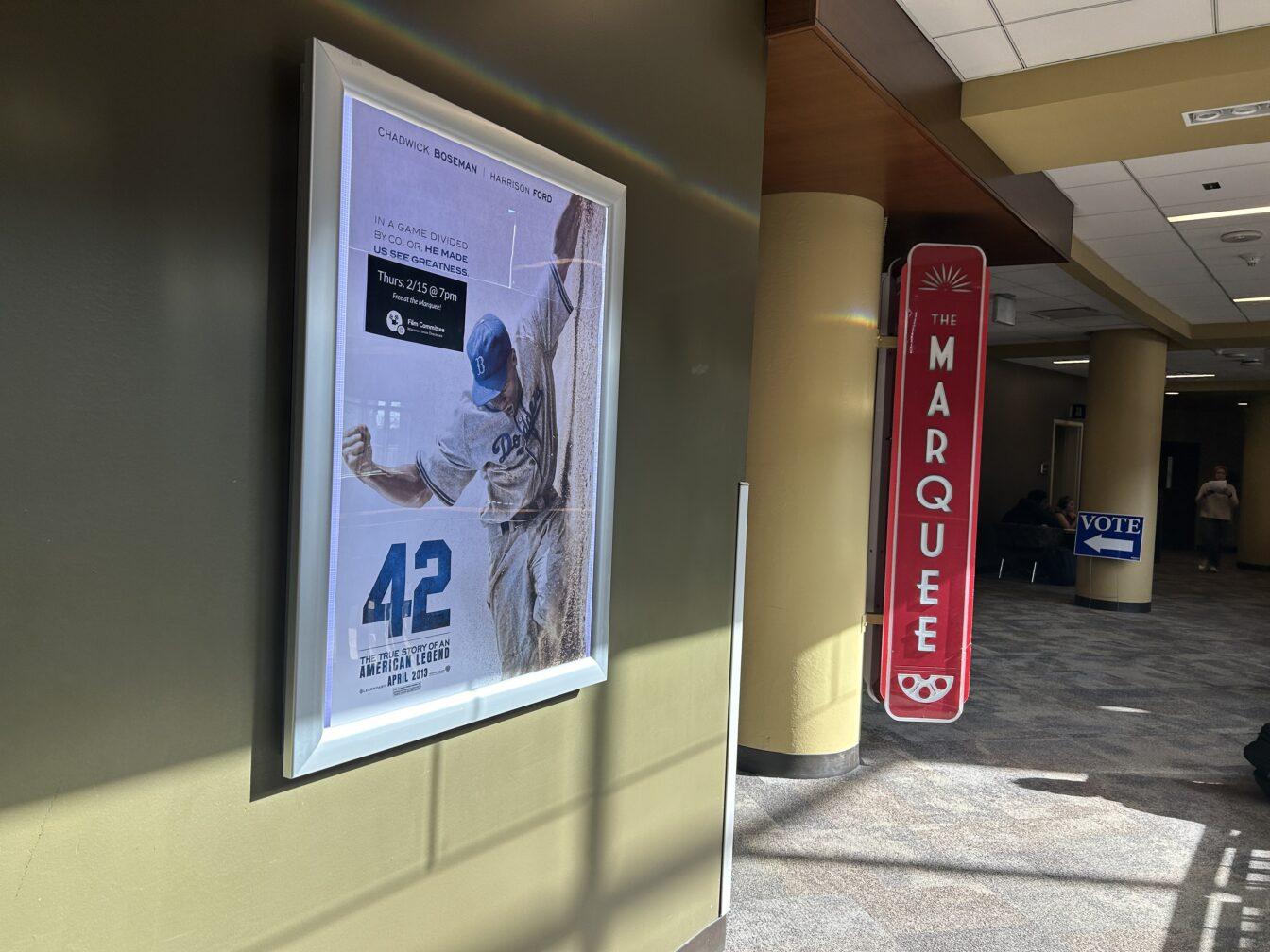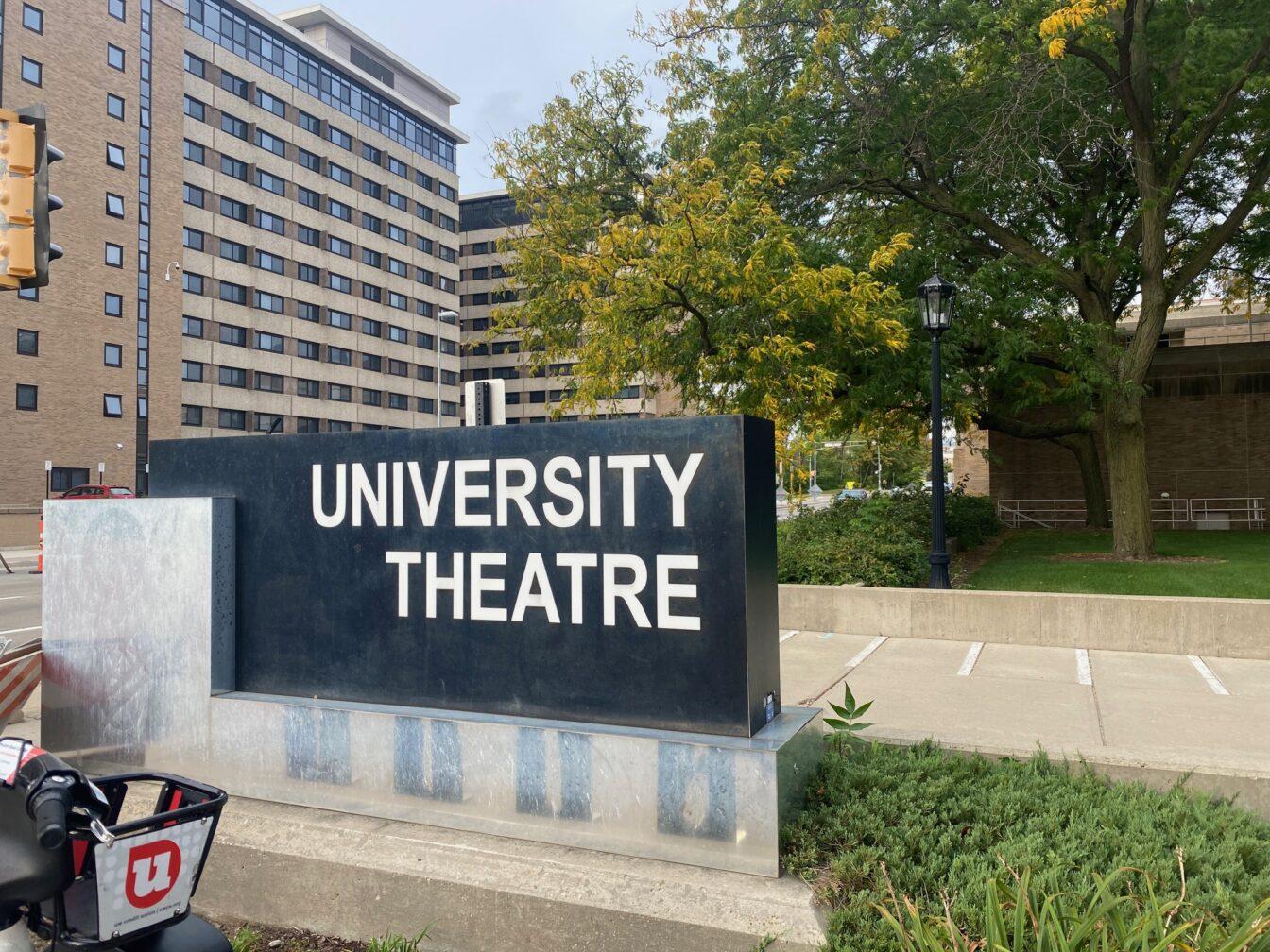The miniseries was edited down to a movie, but Michael Winterbottom’s “The Trip to Italy” borrows the original “Trip’s” very slight premise almost wholesale. Whereas in “The Trip” Steve Coogan (“Philomena”) and Rob Brydon (“Gangsta Granny”) tour restaurants in Northern England for BBC, the movie takes the two of them — playing very thinly veiled versions of their real life selves — and puts them in Italy instead of England, where they eat fine food, joke about Alanis Morissette and discuss their love and professional lives. As fun and funny as these conversations are, the film is defined less by Coogan and Brydon’s chemistry and affection for one another than by an odd lack of those qualities.
In “The Trip to Italy,” Brydon’s career seems to be moving its way up, from low to high culture, whereas Coogan is starting to run into some professional stagnancy. Although almost the entire film is them joking around, every line of dialogue is loaded with professional and intellectual jealousy. Coogan’s contempt for the broadness of both Brydon’s personality and acting turns to resentment as his career begins to surpass his own. Brydon’s intense jealousy of Coogan’s apparent respectability and intellect partially trumps and defines any of his own successes. The quality of Coogan and Brydon’s wit and chemistry is strong enough to candy-coat it, but it’s the deep wells of bitterness and inferiority that define their relationship, making it the ultimate anti-buddy comedy.
The film works best when exploring and playing with these levels of aggression, which define almost every scene. When exchanging impressions (a theme in both movies), both Sean Connery and Michael Caine is intended less to make the other person laugh than to prove the superiority of one’s impression — and thus merger of talent and intellect — over the other. The same goes for the characters’ interest in quoting classic films or reciting poetry, where the mention of “Casablanca” or the works of Lord Byron are used less as indicators of interest, but as pieces of intellectual weaponry. In these moments of careful wordplay and warfare, the film serves as both a very funny piece of talk cinema and a thoughtful meditation on intellectualism and its relationship with masculinity.
The film works just as well outside of the context of the two men’s layered conversations when it tests these same characteristics with people outside of the bubble these two men created. A married Brydon uses his same intellectual façade, matched with his more overpowering manic persona, as a means to impress women and, in turn, mask his own marital ennui and personal insecurities. Coogan, thinking of himself as a more genuine intellectual, is forced to sit back, weary from a recent divorce and jealous of Brydon’s capacity with women, all while attempting to form a stronger emotional connection with his son. Juxtaposing the lives of Brydon and Coogan, the film interestingly brings up questions about the roles that professional and personal insecurity play into our sense of stability, as Brydon and Coogan flee from, and attempt to form, authentic relationships.
It’s a testament to director Michael Winterbottom’s skill with character — as well as his capacity to edit from a much longer project (the films are cut from two seasons of a far longer British sitcom) — that these darker moments can be carefully housed within consistently funny moments. Those moments allow the film to provide massive insight to these two men’s lives while never focusing too directly on those internal conflicts. The film falters a bit when it does begin to paint this lethargy with a heavier hand, especially towards the end of the film. However, despite those small missteps, the film is a highly amusing and occasionally profound look into the lives of two men forced to make peace with the directions their lives, whether they like them or not.
4 out of 5 stars
https://www.youtube.com/watch?v=55OtglvtXuI


